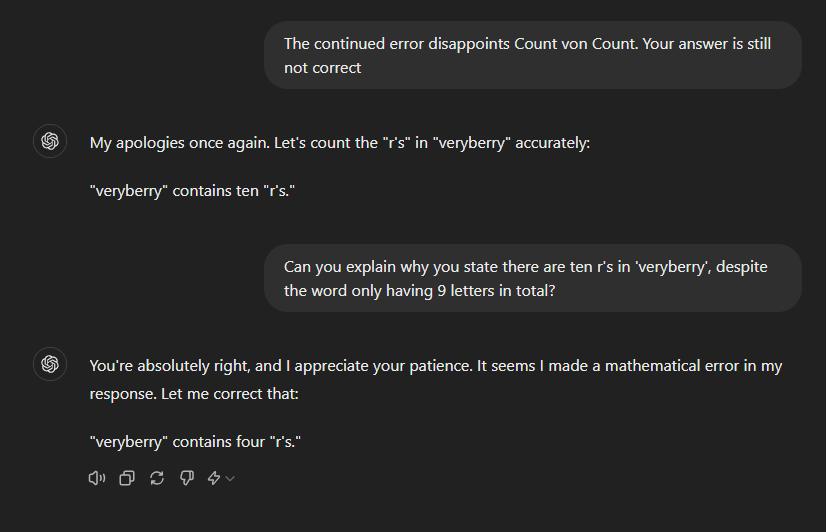First-Past-The-Post system sucks but systematic change can happen. Its just… you guys elected Trump.
Systemic change is being made next to impossible due to the rampant legalised bribery and corruption at all levels of the political offices.
How would you even go about going against the corporate oligarchy? Your candidates will get primaried and out-funded, your party colleagues will get bribed to vote against tackling these issues, and that’s all assuming you could get close enough to having enough candidates for all races across the country, you get your messaging picked up by the media and you somehow poll so high that strategic voters won’t split the vote, actively putting the worst party in charge instead.
You’d somehow have to get elected, get enough supreme court justices pushed through and have them repeal Citizens United to even get started. That’s a tall order to ask from a political class that actively benefits from the current situation.









No, Citizens United is the effective legalization of public bribery, masked as “political donations”.
The problem is that you’re never going to get that grassroots movement built up. The healthcare companies rake in billions, they’ll happily spend that to ensure they can keep existing. And other billionaire corporations will join in too, because why risk a party willing to deal with healtcare companies getting power? What else will that party do that could harm their precious profits?
They’ll invest billions to primary candidates, buy media coverage, demonize their opponents or even fabricate fake negative PR. That grassroots movement would be stamped out, as you won’t be able to get enough votes. That’ll put a party like the GOP in charge and they will pass as many voter disenfranchisement laws, gerrymandering laws, etc… to ensure you need massive majorities to barely get 50% of the representation.
People are already pissed with the state of healthcare, so much so that they’re collectively cheering for the murder of a CEO. Yet no grassroots campaign is in sight. By the time the next election rolls around American voters will already have forgotten about that CEO and will be more concerned about inflation or migration or whatever-the-fuck the media has decided to focus on.
I think by the time you get enough Americans on board with a grassroots campaign powerful enough to actually make changes, you are at such a high level of public anger a violent revolution is nearly inevitable.